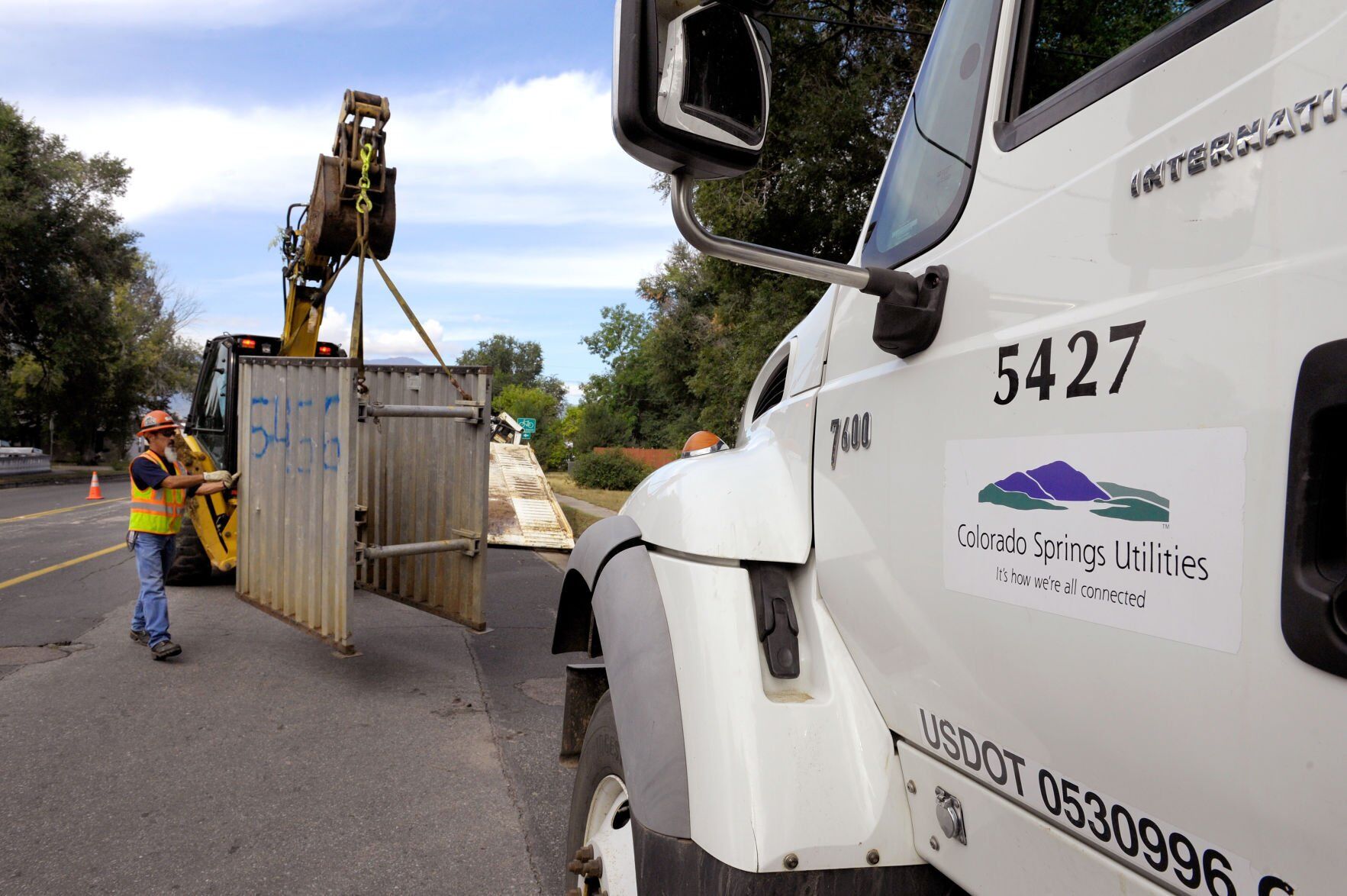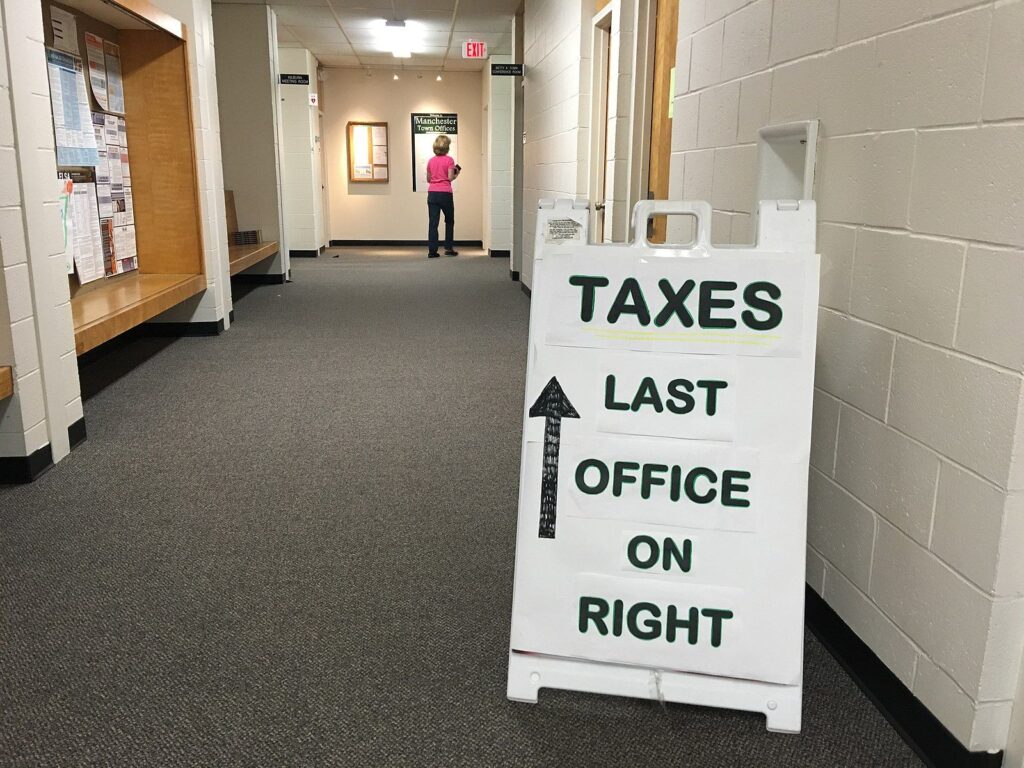As Colorado Springs grows, so does the need for utilities infrastructure — now CSU is asking: Who pays for it?

Colorado Springs Utilities may pass along more infrastructure construction costs to growing areas of town, so the people benefiting from new power lines, gas lines and other infrastructure also pay for them.
The pending policy change, which may increase the prices of new homes, is needed for the community to grow east, Utilities staff members said during a Finance Committee meeting Monday. Thousands of homes are expected to go up in Banning Lewis Ranch, a 24,000-acre parcel that largely went undeveloped for decades and is expected to absorb most of the growth in town in the coming decades.
Some investments are appropriate for the whole community to pay for, such as new power generation that will serve everyone, but some investments may need to be the responsibility of a specific area, said Tristan Gearhart, chief planning and financial officer.
“A substation may be for a specific area, and if you can go back and say ‘we built this substation because at this point in time we felt the only way we could support all the new houses that are going in … new connections in a certain area, we have to have this piece of infrastructure,’ who should pay for that is really the question we are trying to get down to,” he said.
Scott Shirola, pricing and rates manager, presented a draft recommendation from the Utilities Policy Advisory Committee on costs the Utilities should start recovering more directly, including the full cost of extending electric and natural gas lines. Right now, Utilities only requires new developments to cover a portion of the cost of new electric and natural gas lines.
The advisory group also backed new fees to support the natural gas system and fees to make future additions to electric, natural gas, water and wastewater systems.
They did not back new fees to support the electric system to help incentivize electrification of homes, an initiative aimed at cutting greenhouse gas emissions.
The staff did not have estimates yet on how much would be charged to cover infrastructure costs.
But the coming policy decision will determine how many millions in costs will be allocated, and it needs to be just, reasonable and nondiscriminatory, Gearhart said. Noting that if costs are allocated to everyone, those who are struggling to make their bills will be supporting new growth.
Some of the costs, such as the extension of electric lines, could be covered by metro districts that are formed to issue debt to cover costs of new development, Shirola said. Residents pay back large infrastructure costs through property taxes over time.
The Colorado Springs Utilities board members, who are also city councilmembers, did not debate the policy change Monday, but they will ultimately decide how costs should be allocated.
The debate is getting started as housing prices have become unaffordable for many. The median home price in May was $475,000, reflecting a decline in prices that rose for roughly eight years in town, The Gazette recently reported.
Phasing in similar new fees has taken several years in the past, Shirola said.














